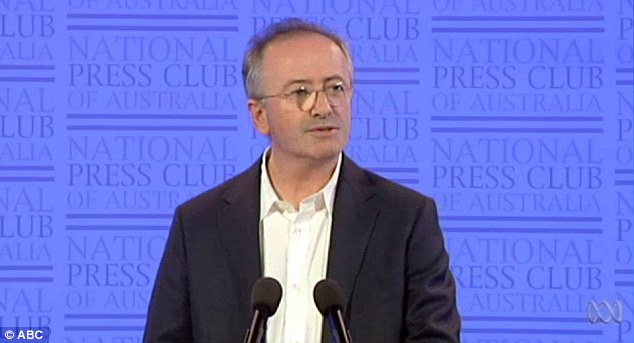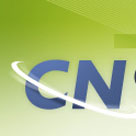One of the best Church-related websites on the Internet is Sandro Magister’s Chiesa.
Magister is an Italian vaticanista, and his website is in Italian. He has an able translator in Matthew Sherry, who maintains the English-speaking section of the website. (Italian idioms frequently populate the hastier translations, but it adds to the charm.)
Magister’s editorial analysis of Church documents is always accompanied by the full text of the documents, so that even when one has cause to disagree with Magister, a visit to his site is always informative.
I was interested to learn that Magister measures the printing statistics for his website. In April, his website attracted 123,000 visitors, who printed 12,000 articles from his site each day.
Those who enter www.chiesa find that the news is accompanied by analysis, analysis by complete documents, for a picture as complete as possible, with systematic reference to the sources. So they print it all. To read it at leisure, to file it away.
It’s worth bookmarking Magister’s website, or subscribing to his newsletter. It will certainly nourish the mind better than this site!






Re: no. 10 May 31 5:43 amJeffrey, I recommend that you open your copy of the GIRM to no. 48. Then asmlbsee the books which are referred to in that paragraph. You will need a copy each of: 1) the newly translated Roman Missal (or you may use the Latin edition if you wish); 2) the Graduale Romanum, in Latin of course; 3) the Graduale Simplex, Latin or English; 4) a collection of psalms and antiphons, approved by the conference of bishops or the diocesan bishop – since the USCCB has not approved any such collections, why don’t you pull out a copy of one of the volumes of Lucien Deiss’ Biblical Hymns and Psalms, approved for publication by the archbishop of Cincinnati, or later, the archbishop of Chicago; 5) some source for “another liturgical chant that is suited to the sacred action, the day, or the time of year, similarly approved by the conference of bishops or the diocesan bishop” – again, since the USCCB has not approved any such source, you will have to choose one approved by a diocesan bishop, so the best bet would be a Catholic hymnal of your choice (with ecclesiastical approval, of course). Note also that this “another liturgical chant” is the only item in GIRM no. 48 without the specification that it be a psalm.These are the “texts” you may consider when planning, for instance, the entrance “chant” for Easter Sunday. You will see that with just the first three books (nos. 1-3 above) you have a variety of texts to deal with, not just one. The Deiss volume, depending on which one you choose, may provide you with additional psalms appropriate for the occasion and celebration. And finally your hymnal should have several “liturgical chants” appropriate for Easter Sunday. Perhaps you have never asmlbseed all of these resources imentioned in GIRM no. 48, and so you mistakenly believe that the four options described in that paragraph are all referring to the same text. They are not.